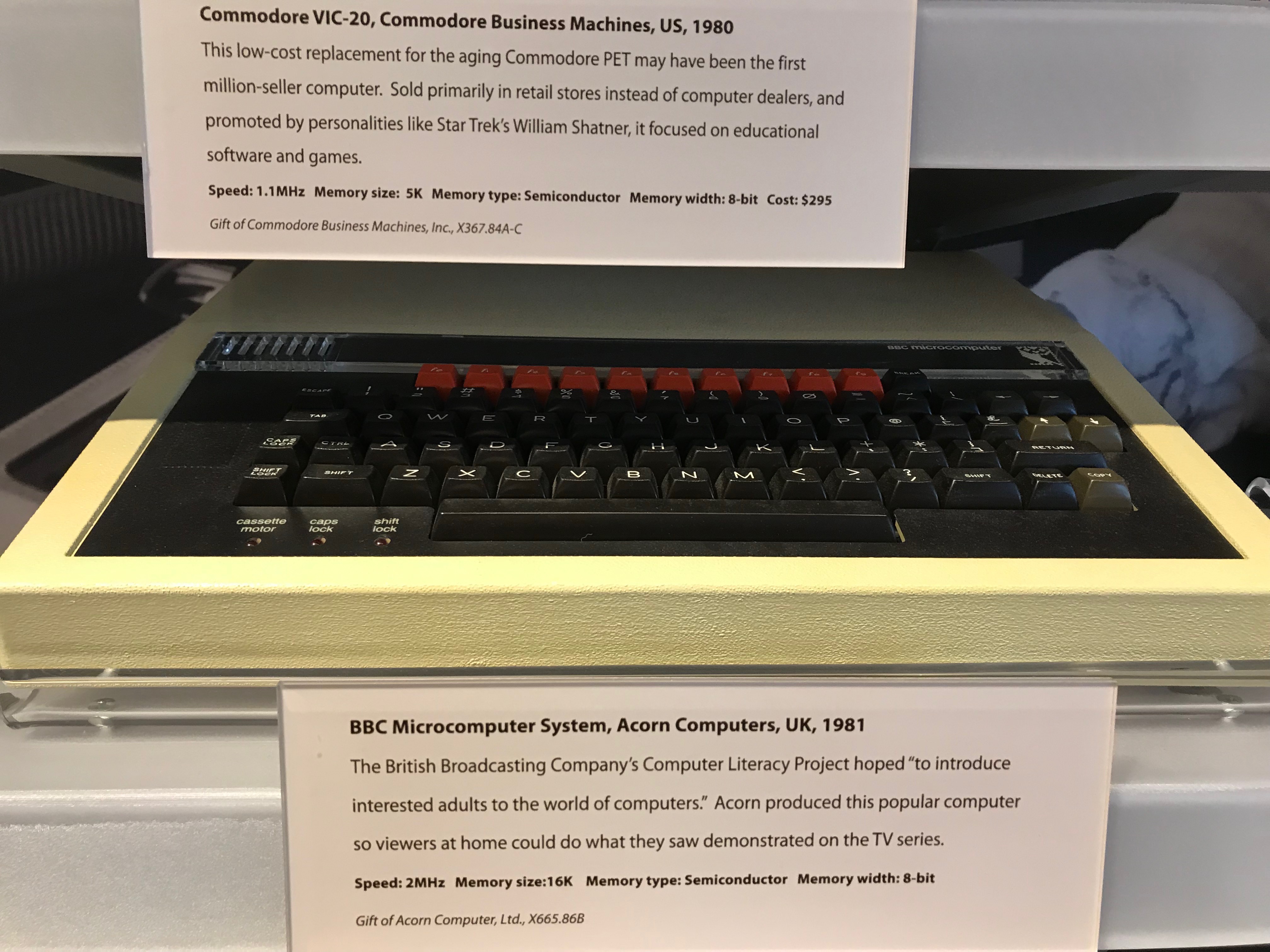Codecademy vs. The BBC Micro - The Story of why the BBC Marketed its own microcomputer and maybe there are lessons for us in how they educated the UK public back in the 1980's
In the late 1970s, the computer, which for decades had been a mysterious, hulking machine that only did the bidding of corporate overlords, suddenly became something the average person could buy and take home. An enthusiastic minority saw how great this was and rushed to get a computer of their own. For many more people, the arrival of the microcomputer triggered helpless anxiety about the future. An ad from a magazine at the time promised that a home computer would “give your child an unfair advantage in school.” It showed a boy in a smart blazer and tie eagerly raising his hand to answer a question, while behind him his dim-witted classmates look on sullenly. The ad and others like it implied that the world was changing quickly and, if you did not immediately learn how to use one of these intimidating new devices, you and your family would be left behind.
In an audacious move, the BBC, a public service broadcaster funded by the government, decided that it would solve Britain’s national competitiveness problems by helping Britons everywhere overcome their aversion to computers. It launched the Computer Literacy Project, a multi-pronged educational effort that involved several TV series, a few books, a network of support groups, and a specially built microcomputer known as the BBC Micro. The project was so successful that, by 1983, an editor for BYTE Magazine wrote, “compared to the US, proportionally more of Britain’s population is interested in microcomputers.”2 The editor marveled that there were more people at the Fifth Personal Computer World Show in the UK than had been to that year’s West Coast Computer Faire. Over a sixth of Great Britain watched an episode in the first series produced for the Computer Literacy Project and 1.5 million BBC Micros were ultimately sold.
It's an interesting read and especially nearer the end where they cover why they chose the type of material they did as well as using the presenter they did. It's very true that if one understands the broader concepts the details fall into place more easily. I especially like the analogy of the thermos flask!
Read the story at twobithistory.org/2019/03/31/b…
#BBCmicro #thecomputerprogramme #vintage

from Beiträge von Danie van der Merwe https://ift.tt/2FPpPPA
via IFTTT
In an audacious move, the BBC, a public service broadcaster funded by the government, decided that it would solve Britain’s national competitiveness problems by helping Britons everywhere overcome their aversion to computers. It launched the Computer Literacy Project, a multi-pronged educational effort that involved several TV series, a few books, a network of support groups, and a specially built microcomputer known as the BBC Micro. The project was so successful that, by 1983, an editor for BYTE Magazine wrote, “compared to the US, proportionally more of Britain’s population is interested in microcomputers.”2 The editor marveled that there were more people at the Fifth Personal Computer World Show in the UK than had been to that year’s West Coast Computer Faire. Over a sixth of Great Britain watched an episode in the first series produced for the Computer Literacy Project and 1.5 million BBC Micros were ultimately sold.
It's an interesting read and especially nearer the end where they cover why they chose the type of material they did as well as using the presenter they did. It's very true that if one understands the broader concepts the details fall into place more easily. I especially like the analogy of the thermos flask!
Read the story at twobithistory.org/2019/03/31/b…
#BBCmicro #thecomputerprogramme #vintage

from Beiträge von Danie van der Merwe https://ift.tt/2FPpPPA
via IFTTT
Comments